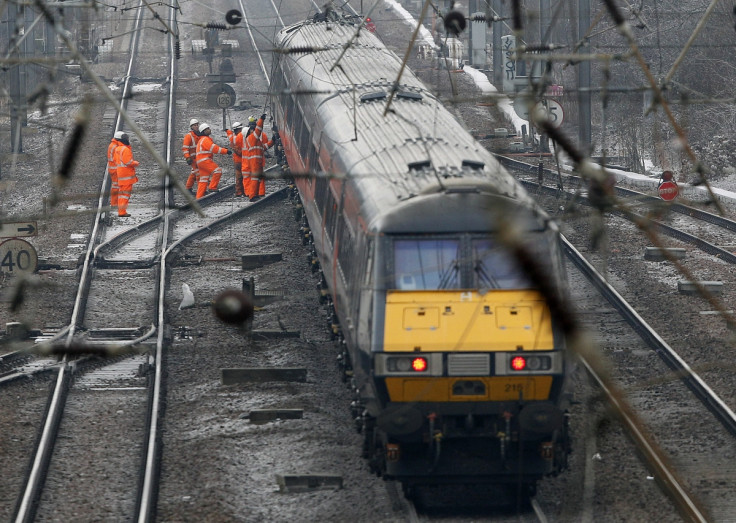Rail commuters hit with 2.5% fares hike

The average rail fare has increased by 2.2%, while regulated fares which include season tickets are up by 2.5% as of today.
The increases are the lowest rise in five years, but they have still drawn criticism from unions because they outstrip wage increases. The government was also urged to get on with the "mind-numbingly slow" introduction of part-time and flexible season tickets.
TUC general secretary Frances O'Grady said: "This year's fare hike will hit passengers particularly hard because wages are rising so slowly.
"Rail fares are now consuming a huge proportion of people's wages, leaving precious little for other bread and butter expenses."
Mick Cash, RMT Union general secretary, added: "The scandal of Britain's great rail fares rip-off continues with today's hike far outstripping average pay increases, and it will once again hit those at the sharp end of the austerity clampdown the hardest."
Martin Abrams of Campaign for Better Transport also bemoaned the rise: "The Government has pushed up many rail fares by over 20 per cent since 2010 and their policy could stretch the gap between fares and wages even more in future years. Everyone who relies on the trains for work or leisure is looking for action to end the price hikes and get fares down.
"The Government should start by reforming the discredited way it calculates future commuter fares and get on with introducing part-time and flexible season tickets, where progress has been mind numbingly slow."
However, Transport Secretary Patrick McLoughlin defended the price hike: "We are investing in the biggest rail modernisation since the Victorian era and fares have a crucial role to play in funding these improvements.
"This is because building better infrastructure helps create jobs, building a stronger economy for us all.
"We are protecting passengers even further by stopping operating companies from increasing individual fares by up to 2% more."
© Copyright IBTimes 2024. All rights reserved.






